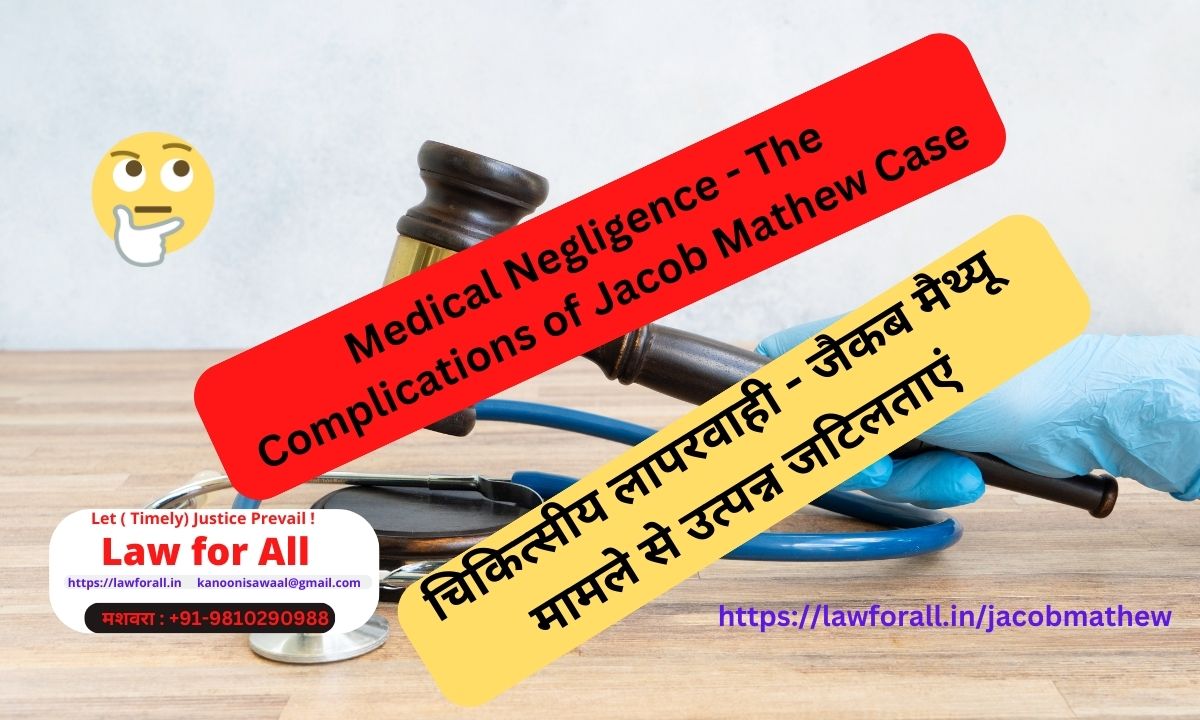Think before you loan out your cash !
In a case that I am researching for regarding Post Dated Cheques and the security they offer for loans given in cash, I came across an interesting situation not many are aware of.
Due changes in Negotiable Instruments Act many years ago, the normal perception is that taking a Post Dated Cheque ( PDC) against a loan advanced is a good security. So much so that even a layman ‘knows’ that upon a cheque bounce a supposedly faster procedure exists, which has penal provisions as well, for recovery of money. No doubt the provisions have- and continue to – help many.
Provisions of Negotiable Instruments Act
This procedure is set out in the Negotiable Instruments Act. While the Negotiable Instruments Act was promulgated in 1881, Chapter XVII of the Act titled ” OF PENALTIES IN CASE OF DISHONOUR OF CERTAIN CHEQUES FOR INSUFFICIENCY OF FUNDS IN THE ACCOUNTS ” containing Sections 138 to 142 was incorporated in the same only in 1988. The title is self-explanatory and the objective was to encourage cheque usage by enhancing the credibility of the instrument.
Along time, amendments have been made in the Act to bring its provisions more in line with present circumstances and thus more effective. The latest such amendments are presently of 2018.
In simple terms as commonly understood, S. 138 holds under following situation:
1) A person ( say D) draws a cheque ( i.e. issues a cheque ) for discharge of a debt or liability and gives it to a holder.
2) The holder – or ‘holder in due course’ ( say payee or P ) presents the cheque to the bank within its validity ( presently three months from its date of drawal).
3) The cheque is ‘returned unpaid due no funds or insufficient funds in the bank.
4) Within 15 days of receipt of information from the Bank pertaining to #3 above, P gives a notice to D demanding payment.
5) D fails to pay within 15 days of receipt of notice.
Upon above being established. S. 138 provides quick recourse and punishment.
Reading above, one would imagine the proceedings to be fairly simple. However, pretty much each clause mentioned above has been subject to intense legal battles and judicial interpretations depending upon facts of cases, evidences etc. A full catena of case laws has grown on Chapter XVII of Negotiable Instruments Act, with thick tomes written. And provisions of other acts – Indian Evidence Act, General Clauses Act, Specific Reliefs Act and even Income Tax Act are frequently used to make or break a case.
However, beware in case of Cash !
One point that is not fully understood by people not conversant with law is mentioned in S. 138 itself. That the cheque has to be for discharge of a LEGAL debt or liability.
So, if the drawer can, come litigation time, prove that this does not hold. Or the Payee has no such evidence when asked to bring it forth , chances that the payee will recover what he lent under relatively ‘ faster ‘ proceedings of S. 138 is pretty much nil at the threshold itself !
And one interpretation of ‘legal’ debt is that the amount claimed as debt/liability has to be paid out of ‘legal’ earnings of the Payee. That is , earnings declared in the Payee’s Income Tax Returns !
A case in point…Sanjay Mishra vs Ms. Kanishka Kapoor
Synposis of the case
1) Sanjay Mishra ( Complainant C) lent Rs. 15 lacs in Cash to Kanishka Kapoor ( Defendant D). D in turn issued a cheque dated 28th December 2004 favoring C, as well as a Hundi. Upon presentation to bank, the cheque bounced.
2) C proceeded under S. 138. In Trial Court, D denied her signatures on the Cheque and the Hundi. C admitted, in evidence given on 28th Feb. 2006 that amount advanced was an amount not disclosed to Income Tax till then. Other evidences were also brought on record.
3) The Trial Judge passed an order of acquittal stating that C has failed to establish that cheque was issued in discharge of a legal liability.
4) On appeal, the High Court held as under:
The provision of section 138 can not be resorted to for recovery of an unaccounted amount. A cheque issued in discharge of alleged liability of repaying “unaccounted” cash amount cannot be said to be a cheque issued in discharge of a legally enforceable debt or liability within the meaning of explanation of section 138 of the said Act. Such an effort to misuse the provision of section 138 of the said Act has to be discouraged.”
Bombay High Court – Sanjay Mishra vs Kanishka Kapoor, February 2009
See / download the complete order hereunder:
 Loading…
Loading…So if one has “large amount’ of cash at home , loans it to someone, gets a PDC in return as surety for payment at promised time, and if the PDC bounces when presented to Bank; he may not be able to use above provisions of the Negotiable Instruments Act to get back the amount.
Further, it should also be noted that per Income tax Act, Section 269ss, no person can receive a loan of more Rs. 20,000/= by cash, exceptions notwithstanding.
So, better to be on right side of the Law , and make all your loan transactions by proper banking channels.
Interesting ? Do you have any counter arguments / cases ? Do write in the comments !
For any further queries and discussions, please see the the contact us page.
किसी भी प्रश्न और चर्चा के लिए कृपया हमसे संपर्क करें। यह पृष्ठ देखें।
We are also on :
LinkedIn : https://www.linkedin.com/company/lawforall
Facebook: https://www.facebook.com/lawforallin/
Twitter : https://twitter.com/legalnatter
Instagram: https://www.instagram.com/lawforallin/




